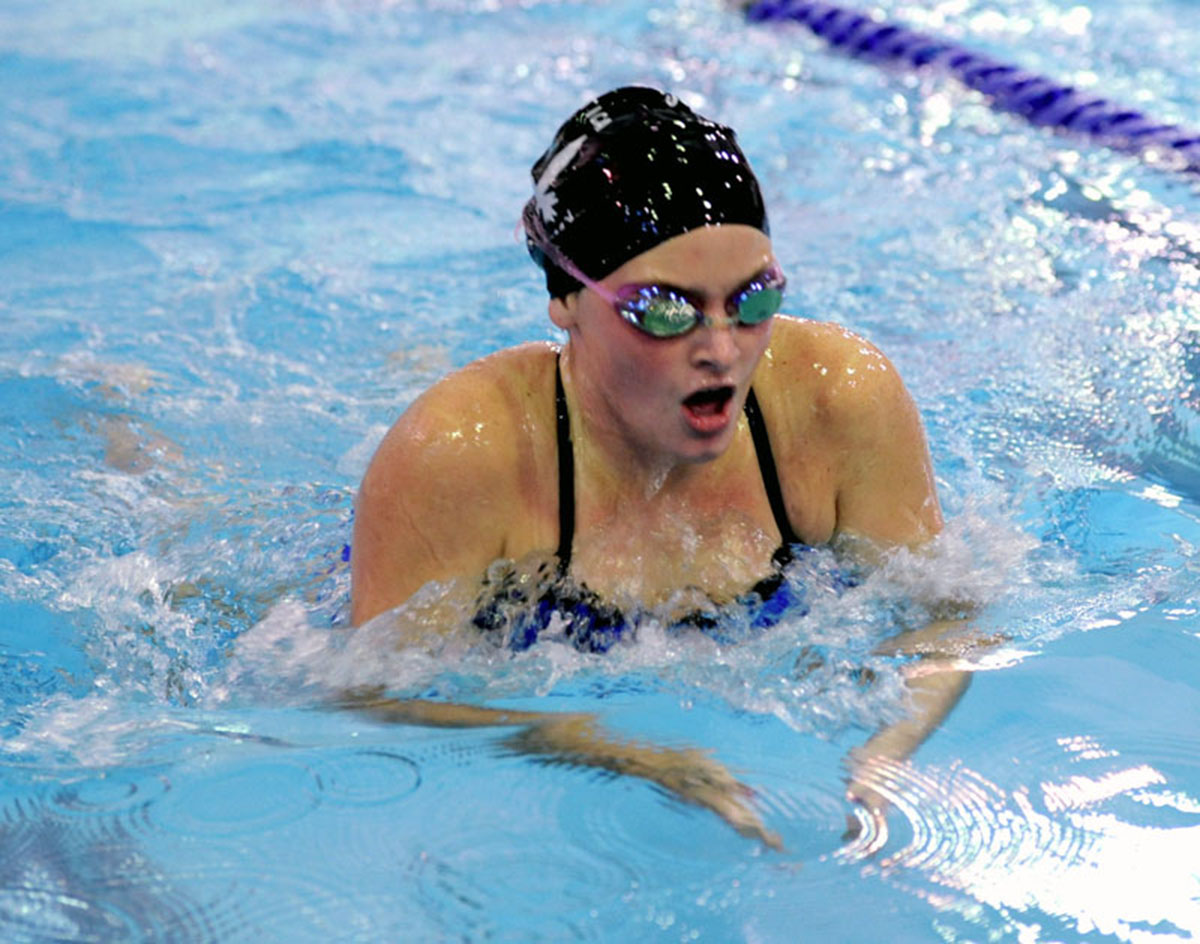Table of Contents
Most young athletes don't do enough enough recovery when they are awake. With so much of life taking pace on screens, younger athletes are getting less of the active recovery, low-level activity and simple relaxation that also aid recovery.

So What Can You Do?
Assuming you're the athlete, you can address your recovery and sleep problems.
Obviously it's never going to be 100% accurate, but it will be close enough to let you build a picture of how much sleep you're getting.
What many people find when they first start keeping a sleep diary is that they're shocked at how little sleep they're getting. That's not surprising, and about a 2 to 3 hour shortfall is quite normal for a high school age athlete.
Having begun your sleep diary, don't stop using it - we're going to use it to find out which sleep increasing methods work for you.The first one should be to set a bedtime and a wake time that allow you enough sleep. Work backward from the time you have to be up in the morning. If you need to be up at 7, you need to be in bed by 9 to get 10 hours' sleep. If you're used to significantly lower levels of sleep try starting with 8 hours and building up.
Make sure that you don't look at a screen for the hour before you go to bed and don't have caffeine after midday. Many of us are locked into a pattern where we use caffeine to stay awake because we're sleep deprived. Then when we need to sleep, we're too wired, so we do something - more often than not online, these days - that further damages our sleep patterns. Next day, we can barely keep our eyes open - so we reach for the caffeine, and round we go. Cut the caffeine out and soon you won't need it.
Make your room quiet. Turn off lights and screens. Set your phone to take messages and store texts after a certain time and pass them on to you in the morning. Turn off your computer and turn down music if you're listening to it. Don't drink alcohol or eat anything for two or three hours before you go to bed.
As for non-sleep recovery, that really falls under three umbrellas: relaxation, light activity and mental calm. Spend plenty of time physically relaxing, don't work yourself up about things you can't control (easier said than done, I know, but work on it), and don't spend too much time with screens. A good recovery activity is walking. It's nothing like intense enough for an athlete to experience it as anything other than rest, but it;s good for your joint surfaces and helps to relax you, making it an ideal recovery exercise.
See Also: Why You Need To Sleep On It: Sleep Helps Your Brain Consolidate New Memories
If you've found this article useful, or you think I've missed something important out, get hold of me in the comments section and we'll talk about it!
- Photo courtesy of -Jeffrey- via Flickr: www.flickr.com/photos/jb912/7879584192
- Photo courtesy of Greg L. Photos via Flickr: www.flickr.com/photos/kicks01/5063396505


Your thoughts on this